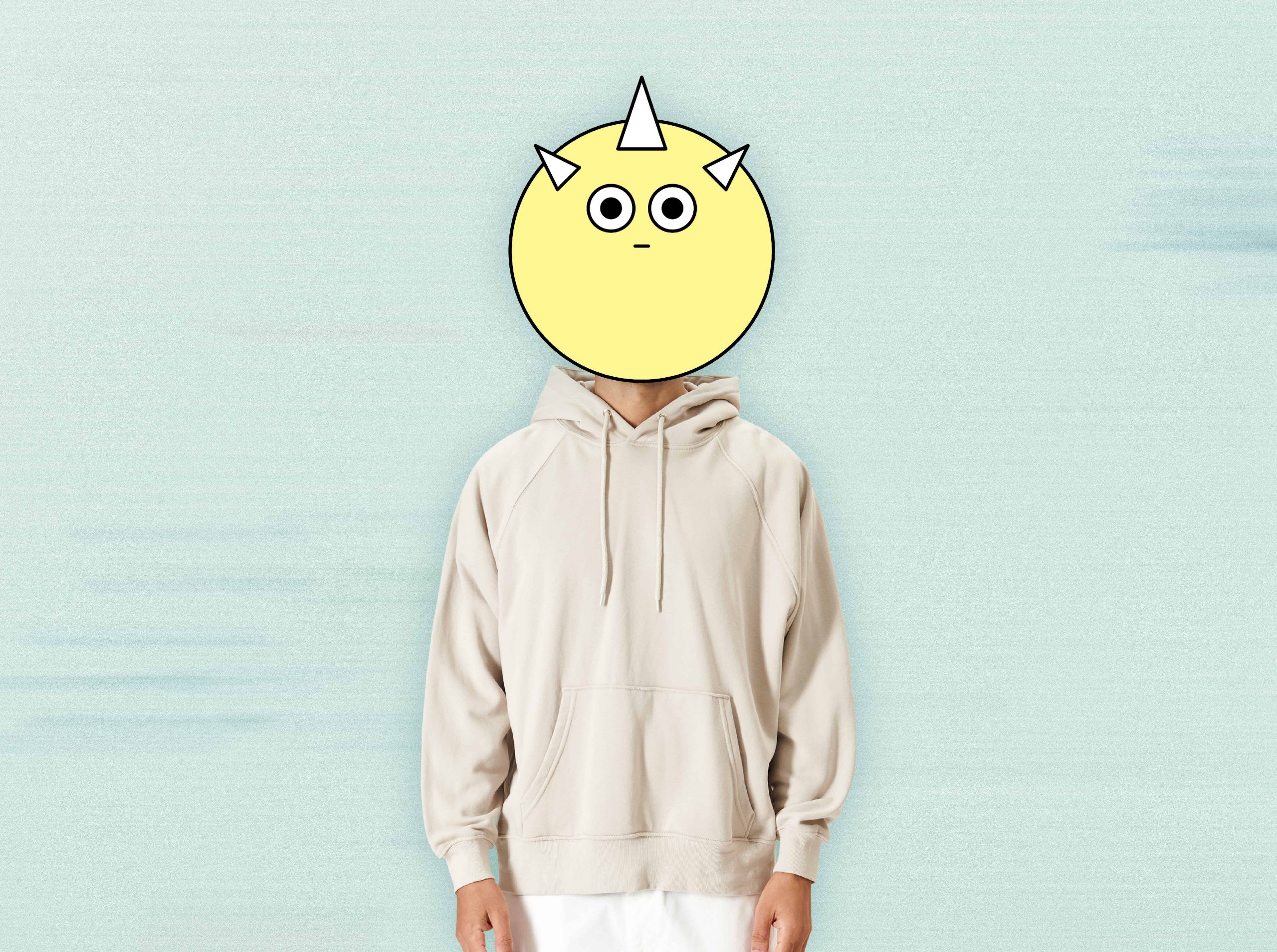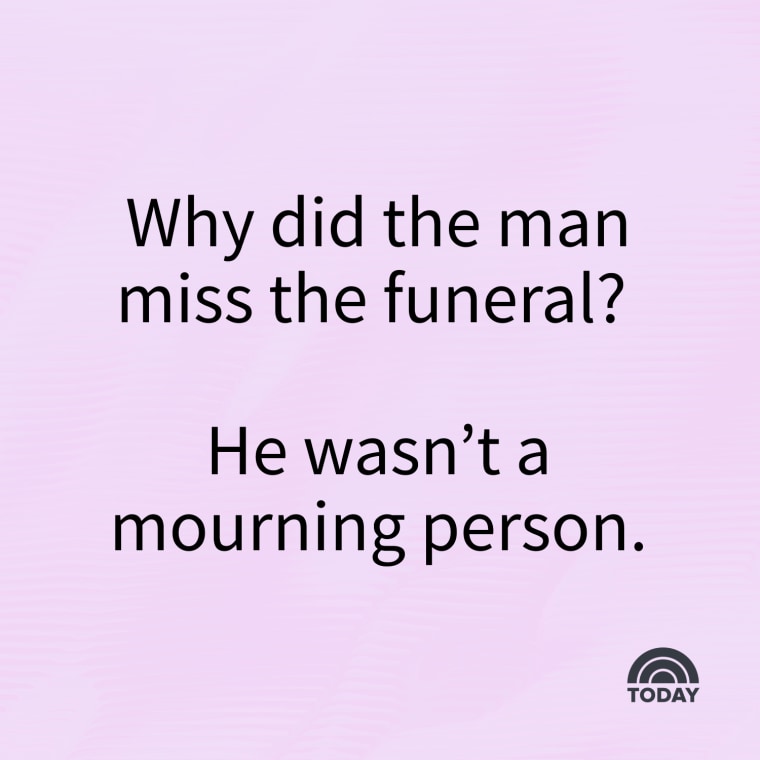Dark humor has always been a controversial form of comedy that pushes boundaries and challenges social norms. Jokes about orphans fall into this category, sparking debates about whether they cross the line or offer a unique form of catharsis. In today's world, where sensitivity is paramount, understanding the nuances of darkest jokes about orphans becomes crucial. Let's dive into this intriguing topic and explore its implications.
Let's be honest, dark humor ain't for everyone. Some people laugh at it, some people cringe, and some people just straight up get offended. But when it comes to darkest jokes about orphans, the stakes feel higher, ya know? Orphans are often seen as vulnerable, and poking fun at their situation can feel like kicking someone while they're down. Yet, for others, these jokes serve as a way to confront the harsh realities of life in a somewhat lighter manner.
Now, before we go any further, let's establish one thing: not all dark jokes are created equal. There's a fine line between making people laugh and making them uncomfortable. And when you're talking about orphans, that line gets blurrier than ever. So, buckle up, because we're about to explore the dark corners of comedy where laughter meets sensitivity.
Read also:Desmond Harrington Weight A Deep Dive Into The Fitness Journey Of A Hollywood Icon
The Psychology Behind Darkest Jokes About Orphans
Why do some people find darkest jokes about orphans funny while others find them offensive? The answer lies in the psychology of humor. For some, dark jokes serve as a coping mechanism, allowing them to process difficult emotions through laughter. They see it as a way to acknowledge the harshness of life without letting it weigh them down. On the other hand, others view these jokes as insensitive and disrespectful, especially when they involve vulnerable groups like orphans.
Research shows that people who appreciate dark humor tend to have higher levels of intelligence and emotional stability. They're more likely to see the absurdity in life and find humor in it. However, this doesn't mean that everyone who doesn't get the joke is lacking in these areas. It simply means that humor is subjective, and what works for one person might not work for another.
Understanding the Audience
When it comes to darkest jokes about orphans, understanding your audience is key. What works in a group of friends might not fly in a public setting. Context matters, and so does the relationship you have with the people you're joking around with. If you're unsure whether a joke will land well, it's probably best to err on the side of caution.
- Know your audience's sensitivities
- Consider the setting and context
- Be prepared for mixed reactions
Historical Context of Orphan Jokes
Orphan jokes have been around for decades, often used in comedy shows and stand-up routines. Back in the day, when political correctness wasn't as big a deal, comedians could get away with a lot more. Shows like "The Three Stooges" and "Monty Python" frequently featured dark humor, including jokes about orphans. While some people found them hilarious, others saw them as tasteless and offensive.
Over time, societal norms have shifted, and what was once considered acceptable humor is now seen as inappropriate. This evolution in humor reflects a broader change in how we view vulnerability and respect for others. Today, comedians who want to use darkest jokes about orphans need to tread carefully, ensuring that their humor doesn't come at the expense of empathy.
Comedy's Role in Social Commentary
Comedy has always been a powerful tool for social commentary, allowing us to shine a light on uncomfortable truths. Darkest jokes about orphans can serve as a way to highlight the issues surrounding child welfare and adoption. By making people laugh, comedians can also make them think, prompting discussions about important topics that might otherwise be ignored.
Read also:Is Dawn Staley Married To Lisa Boyer The Truth Behind Their Relationship
The Thin Line Between Humor and Offense
So, where exactly is that line between humor and offense? The truth is, it's different for everyone. What one person finds funny, another might find deeply offensive. This is why comedians often walk a tightrope when it comes to darkest jokes about orphans. They have to strike a balance between pushing boundaries and respecting sensitivities.
One way to navigate this tricky terrain is by considering intent. Is the joke meant to mock and belittle, or is it meant to highlight a larger issue? Intent matters, but so does perception. Even if a comedian's intention is good, the audience's interpretation can still be negative.
Self-Reflection in Comedy
Comedians who use darkest jokes about orphans should engage in self-reflection, asking themselves why they're telling these jokes and what message they're trying to convey. Are they simply trying to get a laugh, or are they using humor as a way to spark meaningful conversations? This kind of introspection can help comedians create content that resonates with their audience without causing harm.
Examples of Darkest Jokes About Orphans
Let's take a look at some examples of darkest jokes about orphans and analyze why they might be considered offensive or funny. Keep in mind that these examples are for educational purposes only, and your mileage may vary when it comes to finding them humorous.
- Why did the orphan go to the bar? Because he didn't have any parents to tell him not to!
- What do you call an orphan who becomes a comedian? A laughing orphan!
- Why do orphans make great comedians? Because they've got nothing to lose!
These jokes might make some people laugh, but they can also make others uncomfortable. It's all about context and delivery. A joke that lands well in one setting might fall flat in another.
Breaking Down the Jokes
When analyzing darkest jokes about orphans, it's important to consider the underlying message. Are these jokes reinforcing negative stereotypes about orphans, or are they simply playing on the absurdity of life? Understanding the subtext can help us determine whether a joke is funny or offensive.
The Impact on Vulnerable Groups
Orphans are a vulnerable group, and jokes about them can have a significant impact on their mental health and self-esteem. While some might argue that dark humor is just a way to cope, others believe that it can perpetuate harmful stereotypes and stigma. This is why it's crucial to approach darkest jokes about orphans with sensitivity and awareness.
Research shows that exposure to negative stereotypes can affect the way people view themselves and their place in society. For orphans, jokes that mock their situation can reinforce feelings of isolation and worthlessness. This is why comedians who choose to use darkest jokes about orphans must be mindful of the potential consequences.
Raising Awareness Through Humor
Humor can be a powerful tool for raising awareness about important issues. By using darkest jokes about orphans, comedians can draw attention to the challenges faced by this vulnerable group. However, this approach requires a delicate balance between humor and sensitivity. When done right, it can lead to meaningful conversations and positive change.
Cultural Differences in Dark Humor
Cultural differences play a significant role in how darkest jokes about orphans are perceived. In some cultures, dark humor is more accepted, while in others, it's seen as taboo. This variation highlights the importance of understanding cultural norms and sensitivities when it comes to comedy.
For example, in some Eastern European countries, dark humor is a common way of coping with difficult situations. In contrast, in many Western countries, there's a greater emphasis on political correctness and sensitivity. These cultural differences can affect how darkest jokes about orphans are received, making it essential for comedians to be aware of their audience's cultural background.
Adapting Comedy for Global Audiences
Comedians who perform on a global stage need to adapt their material to suit different cultural contexts. This might mean toning down certain jokes or finding alternative ways to convey the same message. By doing so, they can ensure that their humor resonates with a wider audience without causing offense.
Conclusion: Finding the Balance
In conclusion, darkest jokes about orphans walk a fine line between humor and offense. While they can serve as a way to confront difficult realities and spark meaningful conversations, they can also perpetuate harmful stereotypes and stigma. It's up to comedians to find the right balance, ensuring that their humor doesn't come at the expense of empathy and respect.
So, the next time you hear a darkest joke about orphans, take a moment to consider the context, intent, and potential impact. And remember, laughter can be a powerful tool for healing, but it can also be a double-edged sword. Use it wisely.
We'd love to hear your thoughts on this topic. Do you think darkest jokes about orphans are funny, or do they cross the line? Leave a comment below and let's start a conversation. Don't forget to share this article with your friends and check out our other content for more insights into the world of humor and beyond!
Table of Contents


